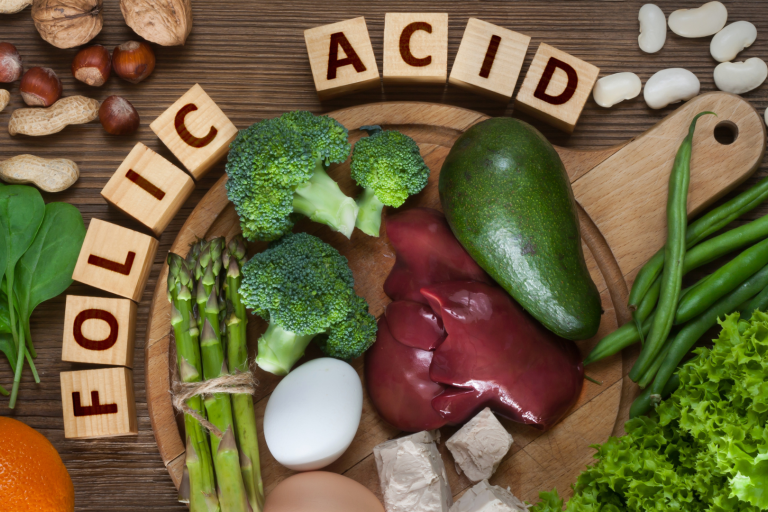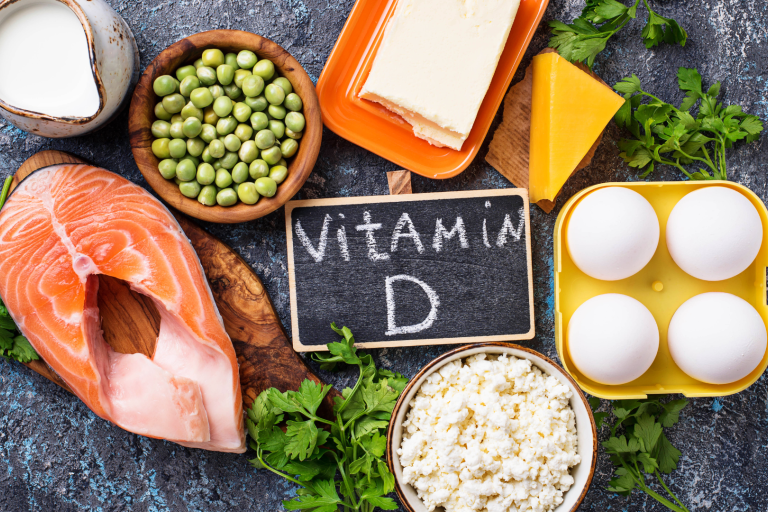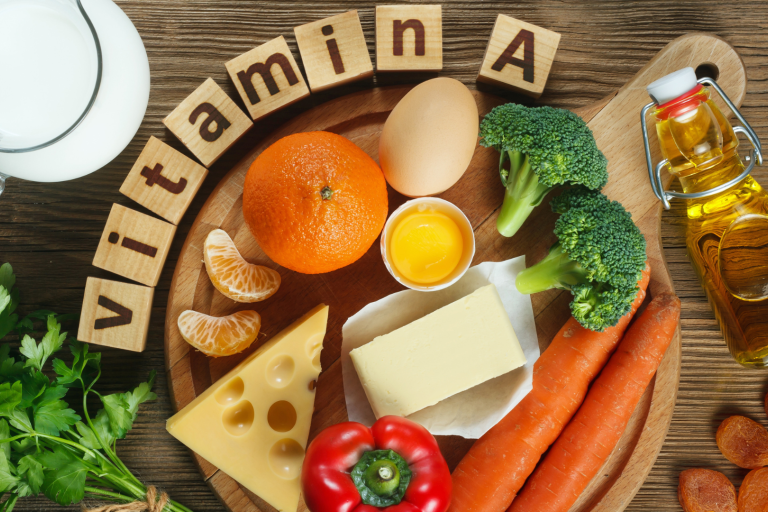Vitamins in Pregnancy
Which Vitamins to Take During Pregnancy
It is recommended you take 400 micrograms (mcg) of folic acid and 10 mcg of Vitamin D, but it is important to know why, how much to take, where from, and which supplements to avoid.

Folic Acid
Folic acid is very important for your pregnancy, as it can prevent birth defects known as neural tube defects, including spina bifida. You'll need 400 micrograms (mcgs) every day until the end of your first trimester (12 weeks).

Vitamin D
We need vitamin D to keep bones and muscles healthy. From late March/early April until the end of September, most people make enough vitamin D from sunlight on their skin, but some people may need to take a vitamin D supplement all year round. Consider taking 10 mcg daily. You can also find vitamin D in foods like oily fish (salmon, mackerel, herring, and sardines), eggs and red meat. For more information on how much and which fish is safe to eat during pregnancy, go to the NCT website.
You could be entitled to FREE vitamins
Ask your GP, midwife, or pharmacist about supplements. Your GP may be able to prescribe them to you. If you're on income-related benefits, or under 18, you may be entitled to free vitamins while you're pregnant via the Healthy Start scheme. Call 0345 607 6823 to request an application form.
Which Vitamins to Avoid

Vitamin A
Vitamin A, also known as retinol, helps your body’s natural defence against illness, as well as your vision and your skin. When you are pregnant, do not take vitamin A supplements or supplements containing vitamin A. Too much could cause birth defects.
If you decide to take a multivitamin tablet during pregnancy, make sure the tablet doesn’t contain vitamin A. You also need to avoid choosing liver or liver pâté, because these are very high in vitamin A.

Iron supplements
Right now, iron supplements are recommended if pregnancy blood tests show that the mother is anaemic. They’re not routinely offered to pregnant women because of potential side effects.
You should be able to get all the iron you need from your diet, in things like leafy vegetables or red meat.
